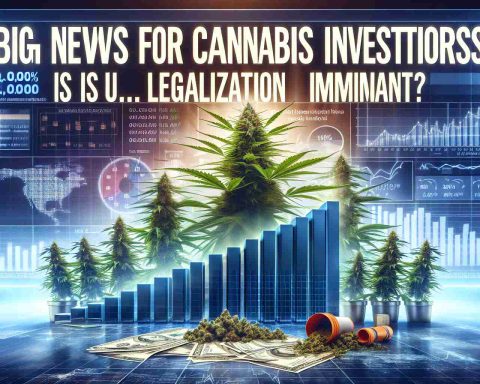Consumer confidence took an unexpected nosedive in December, primarily driven by growing concerns about the economic future. The Expectations Index, reflecting short-term predictions for income, business, and the labor market, experienced a dramatic decline, plummeting to 81.1. This marked its most significant drop since November 2020—a staggering decrease of 12.6 points.
Overall Consumer Confidence Struggles: The December index reading stood at 104.7, significantly below the anticipated 113.2, as per economists’ forecasts from a Bloomberg survey. This slump indicates more profound underlying concerns among the populace. Although the perception of current job market conditions improved, aligning with recent employment data, views on business conditions deteriorated noticeably.
Descriptive updates reveal that while labor market optimism persists due to encouraging employment figures, individuals have become considerably more pessimistic about future economic conditions. In December, a sizeable 21.3% of respondents expected a downturn in job availability in the upcoming months, a sharp increase from 17.9% in November. Expectations of declining incomes and deteriorating business conditions over the next six months have also risen.
Market Reaction: Financial markets, already grappling with volatility due to uncertainties surrounding future U.S. policies and Federal Reserve decisions slated for 2025, reacted negatively to this report. All major indexes briefly touched session lows before starting to recover some of the initial losses. The growing economic uncertainty, reflected in these consumer confidence numbers, poses challenges for investors and policymakers alike as they navigate the complex economic landscape ahead.
Why December Consumer Confidence Drop Sends Shockwaves Across Markets
Market Analysis: A Closer Look at December’s Consumer Confidence Decline
December’s sudden fall in consumer confidence, particularly in the Expectations Index, highlights substantial concerns about the economic future. The index’s rapid decline to 81.1, its sharpest drop since late 2020, underscores emerging anxieties about income, business prospects, and labor markets. This decline has prompted deeper examination and analysis of underlying economic conditions and future market trends.
Probing the Economic Indicators
The Expectations Index slump is a reflection of mounting apprehension among consumers about potential economic downturns. Despite improvements in current job market assessments, there is a growing sentiment of unease regarding longer-term business conditions and income prospects. This shift in consumer sentiment highlights a critical area for economists and policymakers to address, ensuring that economic strategies are aligned with public expectations and concerns.
Financial Markets Respond to Economic Volatility
The financial market’s immediate negative response to the dip in consumer confidence emphasizes the delicate balance within today’s volatile economic climate. With major indexes experiencing slight recoveries after initial declines, it remains clear that market participants are closely attuned to consumer sentiment as an essential economic indicator. Future U.S. policy and Federal Reserve decisions continue to contribute to this uncertainty, which in turn influences investor sentiment and decision-making.
Insights into Consumer Pessimism: Future Economic Projections
The increased percentage of respondents anticipating declining job availability and income over the next six months suggests significant challenges on the horizon. As consumers brace for possible downturns, the need for strategic policy responses becomes increasingly apparent. Addressing these concerns through policy adjustments could play a crucial role in stabilizing expectations and restoring consumer confidence in the coming months.
Sifting Through Economic Uncertainty
As analysts and policymakers strive to navigate these developments, understanding the broader economic impacts of consumer sentiment becomes pivotal. The interconnectedness of consumer perceptions, market reactions, and policy decisions necessitates a multifaceted approach to steering the economy toward stability and growth. By proactively addressing economic uncertainties, stakeholders can work to rebuild consumer confidence and strengthen the overall economic outlook.
For more insights on economic indicators, financial markets, and consumer trends, visit Bloomberg.


















